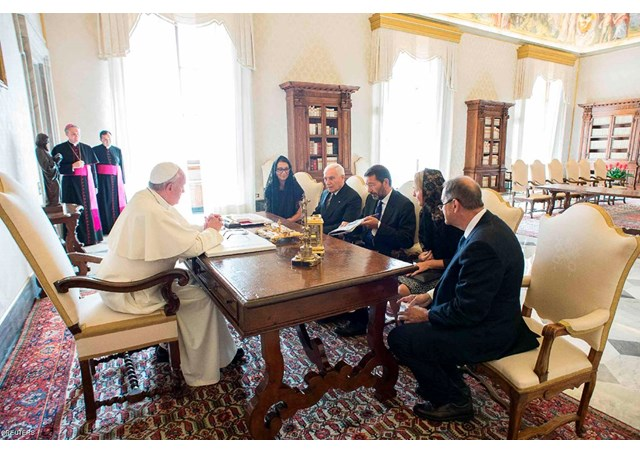At The Atlantic, Rebecca Rosen writes about
Banks of Blood and Sperm: How the idea of a "bank" shapes the way people think about storing and distributing body fluids, in an interview of Kara Swanson, the author of Banking on the Body (which I blogged about
here).
Very interesting. For example:
"What happened as the metaphor [of a bank] became more used in the 1950s and 1960s, was that a backlash developed against the market implications of the metaphor. The doctors and lay people who ran blood banks in the 1950s and 1960s, pushed the metaphor to its extremes—they told patients that each transfusion was a “loan” that needed to be repaid. Patients could repay in kind, or pay stiff replacements fees instead—fees that a bank could use to buy blood from a professional donor—always with the goal of keeping sufficient inventory.
The emphasis on buying and selling led blood banks into trouble in the courts—attorneys for patients injured from transfusions (which happened sometimes, if mismatched blood was given, or the blood contained a disease) argued that banked blood was a product. Product liability law was developing to find the manufacturer of a dangerous product liable even without negligence. Doctors, blood banks, and hospitals were horrified to have themselves considered product manufacturers. They began to backpedal from the banking metaphor by trying to make banked blood seem less like a product exchanged in markets.
What happened, with blood banks, and also with other kinds of banks, is that the banking metaphor and the backlash encouraged doctors, patients, and those of us who might be suppliers, to focus on one aspect—the supplier. Was the supplying body paid or unpaid? Paid suppliers, who were obviously entering into a market transaction, were treating their bodies as a source of private property, and were acting as though they were selling a product. Unpaid suppliers, were seen as giving gifts, out of altruism, and keeping themselves out of a market."
...
"In law, we thus divide body products into two categories: those which we legally mandate as gifts only—all organs—and everything else, which can be gifted or sold, at the discretion of the supplier. Organs is defined broadly—bone marrow, for example, is an “organ.” This means that bone marrow, which can now be extracted from the blood in a procedure similar to the way blood plasma is harvested, cannot be sold by anyone. (Blood plasma is routinely sold, by the way.)
...
"I argue in the book that the simple pay-suppliers/don’t-pay-suppliers approach to thinking about body products, which resulted from the banking metaphor, needs to be replaced with more nuanced thinking. Should we treat different types of organs (hearts v. bone marrow) differently? Can we think about compensation schemes that are not free markets, but are managed to support the public goals of increasing body-product supply? Can those schemes protect suppliers and recipients alike by keeping suppliers safe from exploitation, and recipients safe from diseased products? I use history to suggest that the answers can sometimes be yes. Body products used to be routinely paid for, and doctors thought about these potential problems and addressed them. Over time, we have forgotten this past, and come to assume that buying body products is always dangerous and bad.
I like to remind people that lots of altruistic gestures are compensated—the doctors, and nurses, and everyone who works on a transplant operation are all in caring professions. They are doing those jobs because they want to help people (at least we hope and assume so). But we wouldn’t suggest that they shouldn’t be paid because to offer payment for such efforts would be insulting or immoral or cause their altruistic tendencies to be replaced by mercenary concerns.
Yet that is how we treat organ supply—that offering money would do all those bad things. Why should the supplier of a body product be the only person in that life-saving supply chain who is not compensated? People might choose not to be compensated, but if they want to be, and if more folks will act as suppliers with that incentive, why not?
To give a more specific historical example, let’s think about mothers’ milk stations in the 1930s. At that time, in most cities, such a station existed. It was established and supervised by a doctor or doctors, and its daily operations were run by nurses. Lactating women came to the station to express their breast milk and were paid by the ounce. Payment was used to ensure an adequate supply. The supply was used for sick and/or premature infants who lack a maternal source of milk."
**************
In the meantime, here's a news article published around the same time, from the business side:
More blood banks merging to cut costs--Officials cite need for new model
"The proposed merger of Green Tree’s Institute for Transfusion Medicine with Florida-based OneBlood is the latest in a series of blood bank consolidations nationally, symptomatic of lean times for hospitals as they try to cut costs and reduce transfusions.
The deal, announced July 25, would create one of the largest blood banks in the country, with combined revenues of $480 million, if it goes through. The two firms jointly distribute nearly 2 million units of blood annually, serving 313 hospitals in eight states.
Only the American Red Cross would collect and distribute more blood."











